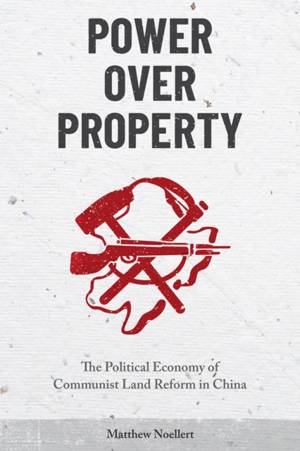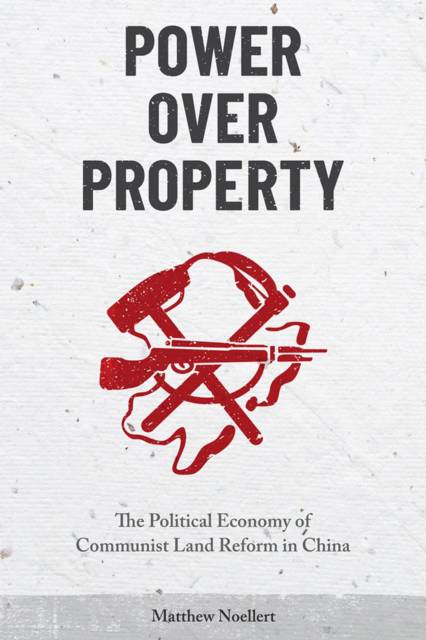
- Retrait gratuit dans votre magasin Club
- 7.000.000 titres dans notre catalogue
- Payer en toute sécurité
- Toujours un magasin près de chez vous
- Retrait gratuit dans votre magasin Club
- 7.000.000 titres dans notre catalogue
- Payer en toute sécurité
- Toujours un magasin près de chez vous
96,45 €
+ 192 points
Format
Description
Following the end of World War II in 1945, the Chinese Communist Party (CCP) spent the next three decades carrying out agrarian reform among nearly one-third of the world's peasants. This book presents a new perspective on the first step of this reform, when the CCP helped redistribute over 40 million hectares of land to over three hundred million impoverished peasants in the nationwide land reform movement. This land reform, the founding myth of the People's Republic of China (1949-present) and one of the largest redistributions of wealth and power in history, embodies the idea that an equal distribution of property will lead to social and political equality. Power Over Property argues that in practice, however, the opposite occurred: the redistribution of political power led to a more equal distribution of property. China's land reform was accomplished not only through the state's power to define the distribution of resources, but also through village communities prioritizing political entitlements above property rights. Through the systematic analysis of never-before studied micro-level data on practices of land reform in over five hundred villages, Power Over Property demonstrates how land reform primarily involved the removal of former power holders, the mobilization of mass political participation, and the creation of a new social-political hierarchy. Only after accomplishing all of this was it possible to redistribute land. This redistribution, moreover, was determined by political relations to a new structure of power, not just economic relations to the means of production. The experience of China's land reform complicates our understanding of the relations between economic, social, and political equality. On the one hand, social equality in China was achieved through political, not economic means. On the other hand, the fundamental solution was a more effective hierarchy of fair entitlements, not equal rights. This book ultimately suggests that focusing on economic equality alone may obscure more important social and political dynamics in the development of the modern world.
Spécifications
Parties prenantes
- Auteur(s) :
- Editeur:
Contenu
- Nombre de pages :
- 358
- Langue:
- Anglais
- Collection :
Caractéristiques
- EAN:
- 9780472132119
- Date de parution :
- 01-12-20
- Format:
- Livre relié
- Format numérique:
- Genaaid
- Dimensions :
- 155 mm x 231 mm
- Poids :
- 598 g







